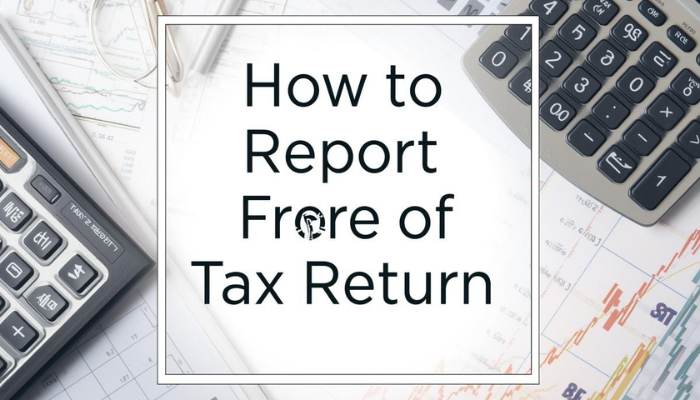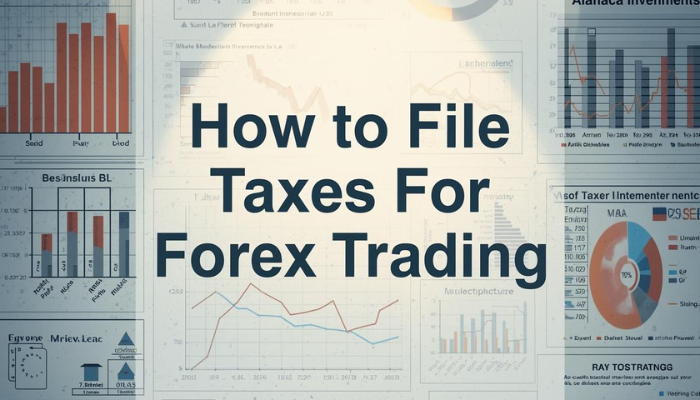
How Do High Tax Rates Affect Businesses?
Have you wondered how do high tax rates affect businesses? Any economy must have taxes as they are the government’s primary income source. However, tax rates can have a significant effect, particularly on corporations.
Our business property tax services help you learn how do high tax rates affect businesses and impact your company’s profitable income.
How are Business Profits Taxed?
The government imposes corporate taxes on your company’s earnings. They are normally used to tax business profits. A business’s income is its revenue, which is less than its expenses.
These taxes are determined based on your firm’s income. The federal corporation tax rate in the United States is set at 21%.
Another possibility is state-by-state variations in corporation taxes levied on various businesses.
To what extent a firm retains profits for reinvestment or distributes them as dividends to shareholders depends mainly on its corporate tax rate. There is less post-tax income available to enterprises for growth, innovation, or distribution when taxes are high.
Does Profit Include Tax?
It should be clear that taxes are not included in profit as defined by accounting. When a company makes a profit, its surplus remains after all costs have been paid. Among these costs are taxes. Therefore, profit is computed before imposing taxes.
Is Profit Before or After Tax?
‘Net income’ and ‘net profit after tax’ are interchangeable when talking about profit.
Net income is the amount that remains after deducting all costs (including taxes) from revenue. It is essentially the money a business has left over after all expenses, including taxes, have been paid.
Impact of High Tax Rates on Businesses
This is how increased taxation rates impact different businesses:
Decreased reinvestment
High corporation tax rates significantly diminish the earnings that may be reinvested in your company. This financial restriction may make it more difficult to:
- Innovate
- Grow
- Conduct research and development
Diminished Competitiveness
In an international economy, enterprises frequently compete against foreign firms. They have less cash to invest than their counterparts in jurisdictions with lower tax rates, making it more difficult for locally based-enterprises to compete internationally.
Inhibition of Job Creation
High tax rates may cause companies to be less likely to raise pay or hire new staff when they have less cash on hand. This may inhibit economic growth and the creation of jobs.
Decreased Entrepreneurship
High tax rates deter entrepreneurship. They make it harder for startup companies to make a profit. These increased taxes are a challenge to launching new businesses.
Capital Flight
Extremely high tax rates may cause firms to migrate to areas with lower tax rates. This may lead to a loss of tax income for the nation of origin and a drain on talent and innovation.
Get our residential property tax services here.
The Bottom Line
Learning how do high tax rates affect businesses is essential if you’re an entrepreneur. High tax rates may harm firms in many ways. They can stifle entrepreneurship and job creation, decrease reinvestment, and reduce competitiveness. Tax policy must strike the correct balance to provide sufficient government income and promote a business-friendly climate.
Read More:
list three things you should look for when hiring a tax professional.


